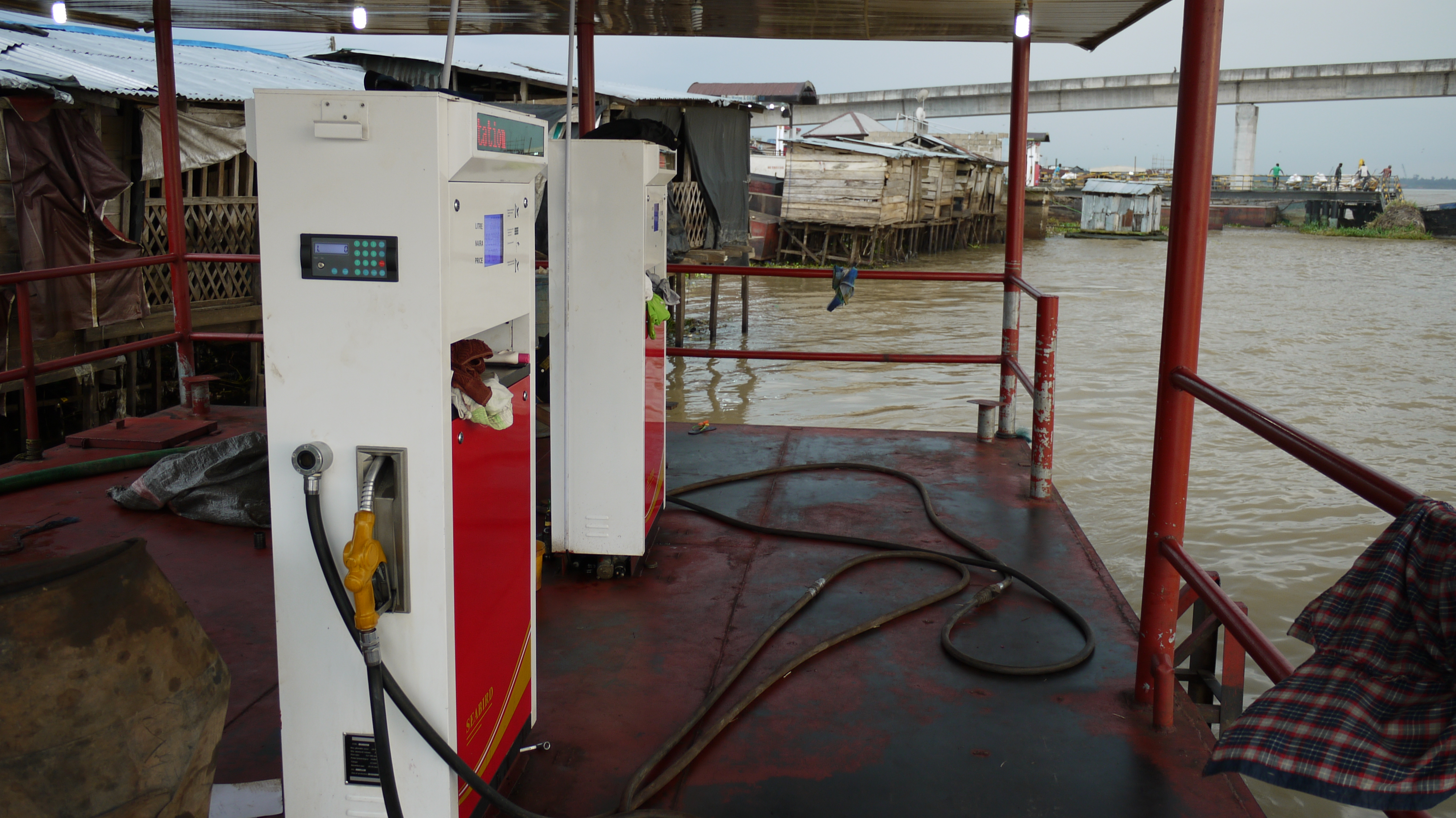Poor infrastructure, limited technical knowledge, and unmotivated blood donors have left Nigeria dangerously low of blood supplies, writes Elmer Aluge.
Nigeria, a country of over 200 million people, has an 80 per cent shortfall in its required levels of blood donation.
On 12 March 2022, Hannah buried her son, Bode, in Otukpo. Bode suffered from Sickle Cell Disease a group of inherited health conditions that affect the red blood cells. One evening, with blood banks closed for the day and no donor available late at night, Bode was unable to get O+ blood at his nearest primary health care centre and died from complications related to Sickle Cell Disease. Hannah’s experience is just one of many tragedies plaguing Nigeria.
According to the National Blood Transfusion Commission (NBTC) the agency responsible for blood management in Nigeria, regular blood donors provide 70,000 to 500,000 pints of blood a year. The national target to meet demand is two million.
Experts say the low turn-out of donors across the country is a result of systematic mistrust built from years of malpractice in the blood collection and distribution infrastructure.
Patients are often charged high prices regardless of the availability of blood and there are numerous instances of blood samples being mislabelled resulting in precious supplies being issued to people it cannot help because their blood is incompatible. The system is crying out for better regulation across the country to safeguard patients and donors.
There is also a lack of technical know-how. During a roundtable conversation hosted by the Haima Health Initiative, a local blood charity, a doctor described how some paediatric health centres shared one unit of blood among different children over a long period of time in a bid to prevent wastage. The repeated heating and refrigeration of blood increases the risk of infection, while using older blood bags increases the risk of transfusing a patient with expired blood which no longer has any functionality. Other technical errors in the collection of blood and not asking donors the right questions due to a lack of resources are also increasing the risk of mismatching and potentially fatal transfusions.
Road to improvement
Although advocacy campaigns around diseases like sickle cell have helped to spur more voluntary blood donations, rising demand from hospitals is increasing the pressure on already stretched blood banks.
To expand the donor pool, some facilities have been forced to explore the use of paid donor services. Though this practice may have promise, it remains in the design stage as facilities have struggled to set up payment systems that work.
While Nigeria should be commended for its efforts to boost its blood supplies, it can learn from the United Kingdom in strengthening technical capacity and leveraging the altruistic motivations of donors.
There needs to be a concerted effort from the government and civil society to promote the idea of blood donation. Civic organisations like the Office of the Citizen, a digital convening platform, should be encouraged to highlight blood donation as safe and easy process to increase awareness and encourage more donors.
Conversations with potential blood donors often highlight religious, spiritual, or moral beliefs associated with the ‘sacrilege’ of blood sharing rather than concerns about the sanitation of transfusion centres. It is crucial to acknowledge the crucial role religious institutions could play in promoting the popular slogan “give blood, give life.”
Blood donor promotion efforts should also highlight the health benefits to donors such as free health screenings, improved cardiovascular and heart health, and release of the feel-good hormones serotonin, dopamine and endorphins.
If the NBTC reaches its target of two million donors, the government facilities will need assistance to manage, preserve and distribute this blood across the country. There are opportunities here to attract investors and innovators interested in building relevant infrastructure. Building on efforts from companies like Lifebank Nigeria and Haima Health Initiative, companies can contribute biotechnology infrastructure to support donor tracking, and blood storage. This is a viable avenue to generate revenue and create jobs. Investment in the blood servicing industry can also provide data that supports research and innovation. But first, Nigeria needs more blood.






Very instructive. This will add to many voices calling on Nigeria government and other stakeholders to step up development initiatives.
I see more private and health tech startups springing up from this gap.
Very insightful piece on the challenges of blood donation in Nigeria. Hopefully government agencies can work with innovative start ups and utilise digitalisation, artificial intelligence and biotechnology to provide safe and affordable blood products.